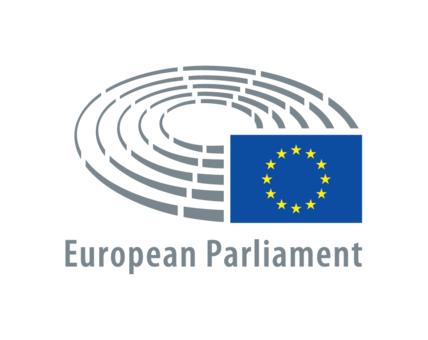REHVA Press release, 9 February 2023
The European Parliament's Committee on Industry, Research and Energy (ITRE) adopted its position on the revision of the Energy Performance of Buildings Directive (EPBD) after long and difficult negotiations. The compromise amendments contain significant changes, and more ambitious targets than the EC recast proposal, including a new article on IEQ. However, some derogations and possible loopholes were also included in the final compromise position. The EP will vote on the draft position during the 13-16 March plenary meeting, sealing the EP position for the following trialogue negotiations.
New article on indoor environmental quality
ITRE proposes a new Article 11a - Indoor environmental quality with mandatory requirements for adequate IEQ standards in buildings to maintain a healthy indoor climate. The article lists comprehensive mandatory IEQ indicators, like defining indoor target pollutant limits, PM measurement and contains a mandate for the Commission to develop a delegated act establishing a methodology framework on IEQ standards.
Emission reduction targets and cost-optimal minimum energy performance requirements
The position proposes stricter emission reduction targets compared to the EP proposal. All new buildings should be zero-emission from 2028, while public buildings already from 2026. Existing residential buildings should achieve class E by 2030, and D by 2033, while non-residential and public buildings would have to achieve the same classes by 2027 and 2030 respectively, allowing members states derogation to exempt several building types, like historical buildings, technical buildings, or social housing, or adjust the targets for part of the building stock depending to technical or economical feasibility.
MS should define cost-optimal minimum energy performance standards taking into account life-cycle Global Warming Potential (GWP). Cost-optimal levels may be adjusted as needed considering changes of energy prices, material, or labour costs. The proposal mandates the Commission to adopt a delegated act on a harmonised EU methodology framework for the calculation of life-cycle GWP.
Fossil fuel-based heating systems
The position bans fossil fuels heating systems by 2035, while proposes that MS should not authorise fossil fuels in heating systems in any new buildings, or those undergoing major or deep renovation form the transposition date of the recast directive. However, hybrid systems and boilers certified to run on renewable fuels, and other technical building systems not exclusively using fossil fuels are not considered fossil heating systems.
“Today’s ITRE vote approved ambitious targets for the decarbonisation of our buildings. REHVA #especially welcomes the proposed amendment on mandatory IEQ requirements, as REHVA has been advocating for this for many years. I hope that the amendments, including a mandate for a delegated act establishing an EU level methodology framework on IEQ assessment will be part of the final directive.” - said Anita Derjanecz, REHVA managing director after the ITRE vote. "The necessary rapid shift towards zero emission buildings and heating systems is a challenge, which needs strong political actions at EU and national level to phase out fossil fuels from heating. We need harmonised and transparent energy performance assessment methodologies using non-renewable primary energy as metric to favour renewable energy-based systems over fossil fuels.”
Press Contact:
Anita Derjanecz, REHVA Managing Director ad(at)rehva.eu

